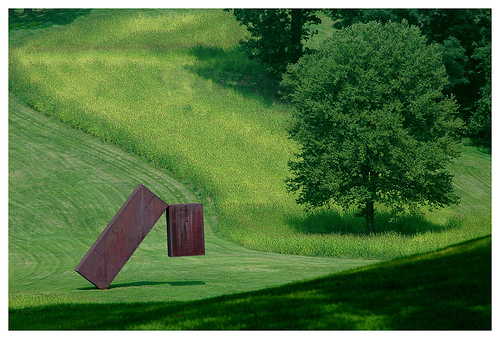
Mother Nature’s running a trial-and-error business, so sometimes our programming doesn’t make a lot of sense.
We come out of the box tuned for self-preservation and conformity. Not self-expression, not self-actualization, not happiness. But that’s what we want. Our genes want rock-solid, redundant systems for survival, nothing more. We want to have fun and feel good about our lives. Not the same thing!
The bulk of human activity is still driven by our oldest impulses — to secure, to acquire, to indulge, to conquer, and to reproduce these motives in one’s children. They were around when that first fish-monster fin-flopped onto the land and began our extended family, and still sit at the centre of human motivation.
But we’re quite far along from that now, and while we’ve developed some great new tricks and some new desires, it’s all built on the same bedrock of high-strung survival impulses that kept sea creatures flourishing hundreds of millions of years ago.
So by now, for humans, the basic survival motives are still prominent in our consciousness. You feel their influence whenever you sense a mannequin’s presence, or when weird people get into the elevator with you.
They come in a thousand forms and the reactions they create are all quite normal and quite unconscious. But because they’re normal, they’re generally unquestioned, and because they’re unconscious they can be really destructive. Nearly every instance of conflict you read about in your newspaper is somebody’s base motives leading them to create trouble for themselves or others. Read More
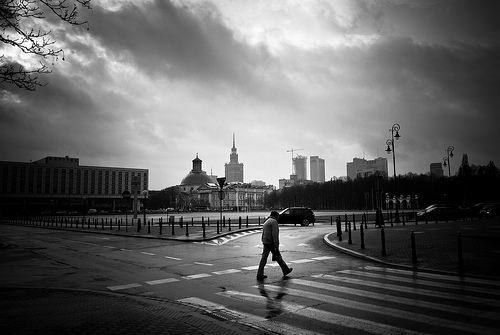
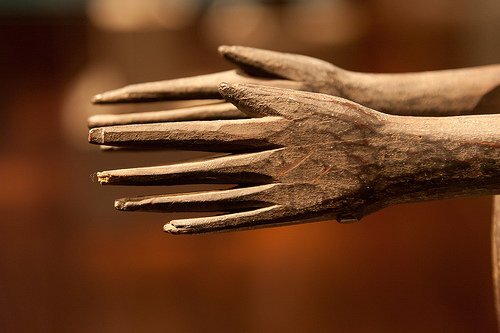



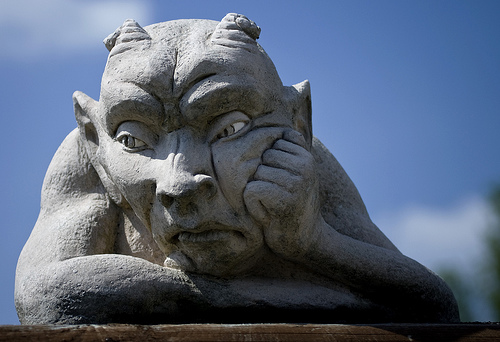


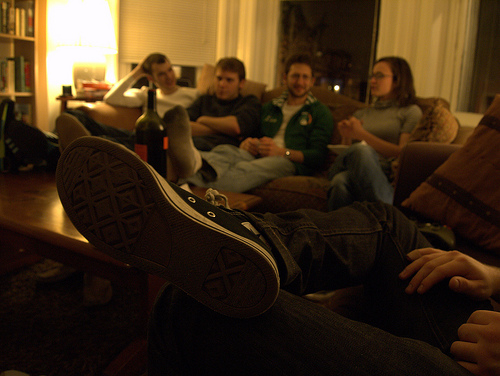
 I'm David, and Raptitude is a blog about getting better at being human -- things we can do to improve our lives today.
I'm David, and Raptitude is a blog about getting better at being human -- things we can do to improve our lives today.
It all pretty the opposite if you're not in the US :) Since 2022 I've changed 3 countries and I'm planning to emigrate to the fourth one. I've had so much novelty and so many things to adapt to. However, time had never run so fast for me as in 2022...